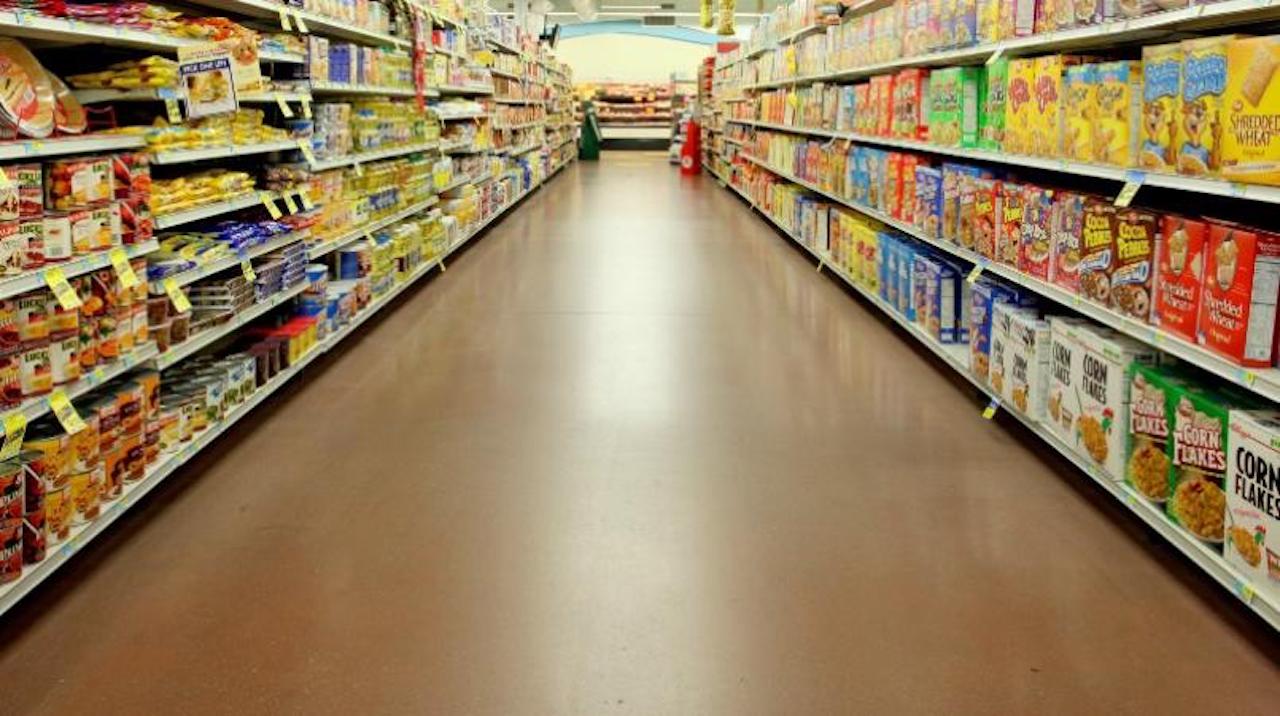A new report has shown that food prices in Barbados and other Caribbean Community (CARICOM) member states increased during the first 12 months of the COVID-19 pandemic, with prices jumping as high as 14 per cent at the end of last year in Bridgetown, when compared to March 2020 when the pandemic started to affect the island.
This was highlighted in the Report on Food Prices During the COVID-19 Pandemic, prepared by the CARICOM Competition Commission.
The commission noted that food prices collected through its price survey were for a basket of goods deemed essential during the pandemic.
These included corned beef, salt fish with bone, tuna, canned mackerel, bottled water, eggs, cheese, milk, cooking oil, rice, biscuits, red beans, yeast, tomato ketchup, salt, sugar, garlic, masks, gloves, disinfectants, hand sanitizers, matches, candles, batteries, baby diapers and toilet paper.
This comes as the Barbados Consumer Empowerment Network (BCEN) this week expressed concern that Barbadians have been suffering from “an exponential rise” in the cost of living and have not yet benefited from a cap on prices for several food and household supermarket items that started in July 2022 and is to end next month.
In a statement on Thursday, the BCEN said it was calling on Barbadians to “complain and speak out” against the astronomical rise in food prices across the country, as it noted that it would be starting a petition to protest the rising food costs.
Immediately following the COVID-19 pandemic there was a region-wide consultation with national competition, consumer protection, and trade officials in the CARICOM Single Market and Economy (CSME) on the issue of food prices.
This led to the establishment of a COVID-19 Steering Committee in April 2020 by the CARICOM Competition Commission, which collected data on selected food prices from selected CSME member states during the 2019 to 2021 period.
The committee used March 2020 as a reference point to compare the food price indexes at the end of each quarter from the second quarter of 2020 to the last quarter of 2021.
According to the report, the quarterly food price change over March 2020 for selected items in Barbados showed an average increase of 3.7 per cent by June 2020.
By the end of September 2020, prices had fallen by about 0.2 per cent, when compared to March 2020. However, prices were back up by about 2.5 per cent by the end of December 2020.
At the end of the first quarter of 2021, there was a three per cent increase when compared to March 2020. This was followed by a 3.8 per cent increase by the end of June 2021.
By the end of September 2021, the food price change was 9.4 per cent when compared to prices in March 2020, and it reached a whopping 14 per cent increase by the end of December.
“For the first 12 months of the pandemic, food prices in most of the countries exhibited increases of varying magnitudes and for different lengths of time before subsiding,” the report said.
“Meanwhile, in Barbados and Belize, the increases in food prices started to lessen by March 2021 but remained significantly above the prices reported in March 2020,” it added.
By the end of December 2021, Suriname recorded the highest level of food price inflation in the region since the COVID-19 outbreak, with food prices being around 121.1 per cent higher than at the start of the pandemic.
By the end of the period, Guyana also showed a high level of food price inflation, which was recorded at 16.4 per cent higher than it was in March 2020.
Dominica and St Lucia recorded the lowest levels of food price inflation since the start of the pandemic, reaching just 0.5 per cent and 1.8 per cent higher than in March 2020, respectively.
The report acknowledged that there were several factors that led to increased prices, while indicating that the data collected “points to a resurgence in food prices from June 2021 to December 2021, which coincides with higher cumulative COVID-19 cases in the member states”.
The report also stated, “Determining the causes of higher food prices in the region during the pandemic is a complex one, and deserves greater study.”
It puts forward potential factors such as disruptions in the food supply chains due to lockdowns and slower work rotations, export restrictions by global food suppliers, national lockdown measures, panic buying and hoarding due to the lockdown measures, market demand and supply, and anticompetitive and/or deceptive business practices.
“Collusive behaviour in food markets is one anticompetitive business conduct, which refers to businesses conspiring to raise food prices above competitive levels and harm consumers. Excessive pricing or price gouging is another business practice which could result in high food prices,” it pointed out.
Based on its findings, the COVID-19 Steering Committee recommended further engagement between competition and consumer authorities in the region and the relevant data collection agencies “to acquire pricing data and highlight the importance of monitoring prices during a time of crisis such as the pandemic”.
The committee suggested that having access to price data will improve the ability of competition and consumer protection authorities to detect possible anticompetitive business conduct or deceptive business practices in markets.
It also recommended the establishment of a formal mechanism for collaboration between the CARICOM Secretariat and the Commission to address rising commodity prices in the region, the establishment of a formal mechanism for collaboration between national statistical departments and departments of commerce that collect and monitor price data and an assessment of the food market in member states.
The committee called for increased consumer education to raise awareness of the importance of reporting possible excessive prices to competition and/or consumer protection authorities in the member states, as well as an impact assessment of COVID-19 on rising commodity prices in the region.




